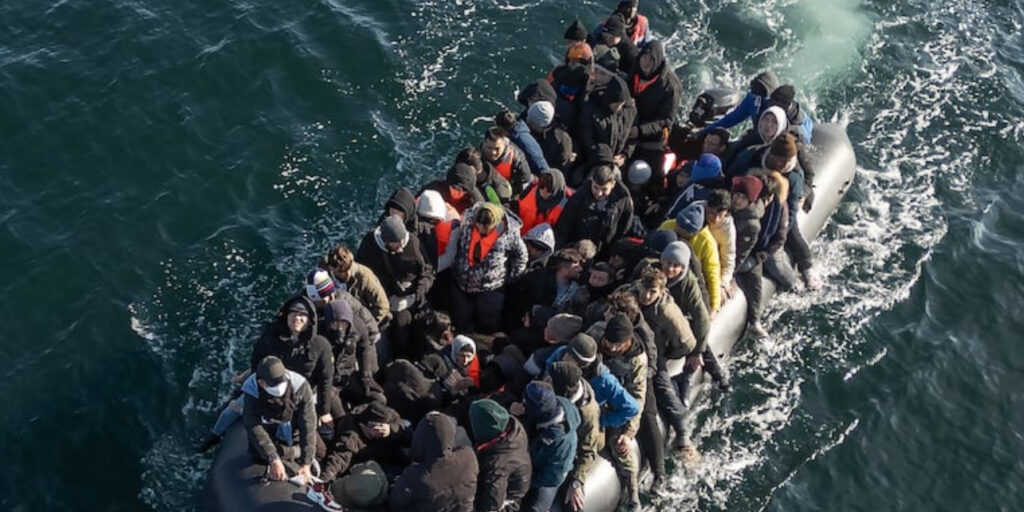The UK’s previous Conservative government spent more than £130 million ($158 million) on IT infrastructure for the controversial Rwanda deportation scheme, which was ultimately never implemented.
The funds were part of a larger £715 million allocation for the scheme, aimed at removing failed asylum seekers under the “Stop the Boats” policy.
Despite the significant investment, the Rwanda deportation plan never came into effect, except for one individual who was paid £3,000 to volunteer for relocation.
As a result, the scheme’s potential deterrent effect was never tested, yet last year saw the UK record the second-highest number of small boat crossings in the English Channel, with nearly 37,000 arrivals.
The largest portion of the budget, £290 million, was paid directly to the Rwandan government. However, following the change in government last year, the Labour administration promptly dropped the policy.
Home Secretary Yvette Cooper criticised the plan, calling it “the most shocking waste of taxpayers’ money I have ever seen.”
A considerable sum, £134 million, was spent on developing IT systems, including computers and a database for tracking complaints. The funds also went towards setting up a monitoring committee to ensure compliance with human rights laws.
According to Home Office officials, the rise in costs stemmed from the need to implement strict data protection measures.
Rwandan officials were provided with biometric details of asylum seekers, and an infrastructure was built to support the logistics of deportations, including organising return flights if appeals were successful.
The scheme incurred further expenses, with £87 million spent on Home Office staff dedicated to the policy, who have since been reassigned.
A Freedom of Information request revealed that another £57 million was allocated to programme and legal costs, including a costly court battle with the Supreme Court, which ruled the deportation scheme unlawful.
An additional £95 million was used to expand immigration detention centre capacity, while £50 million was spent on legal and administrative costs for the first planned flight to Rwanda, which was ultimately grounded due to a court ruling.


